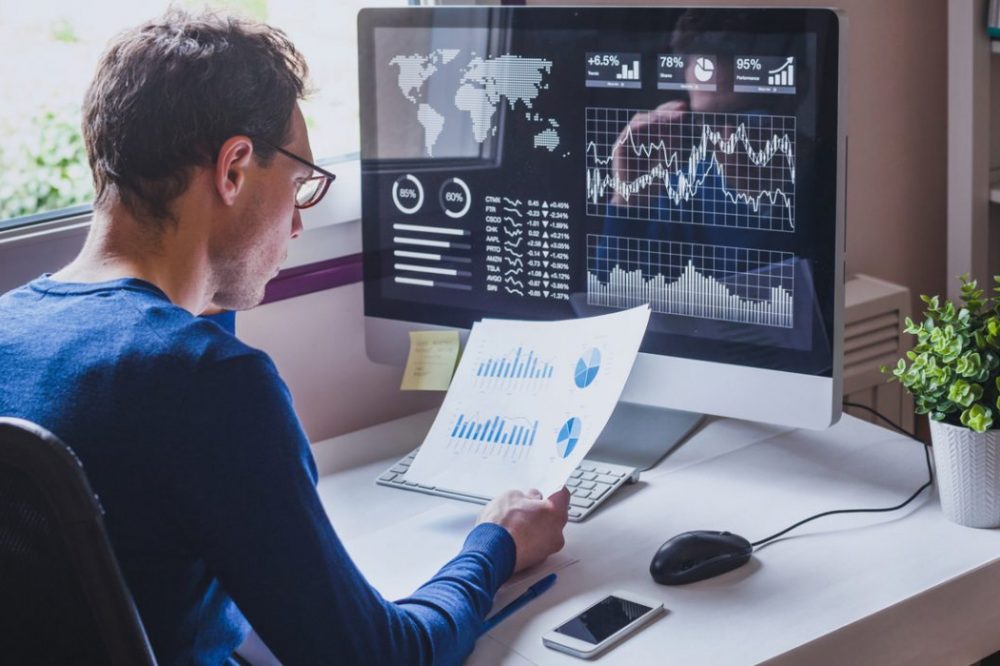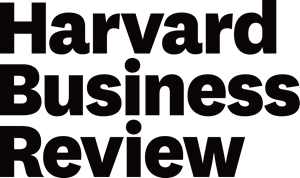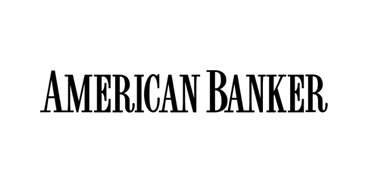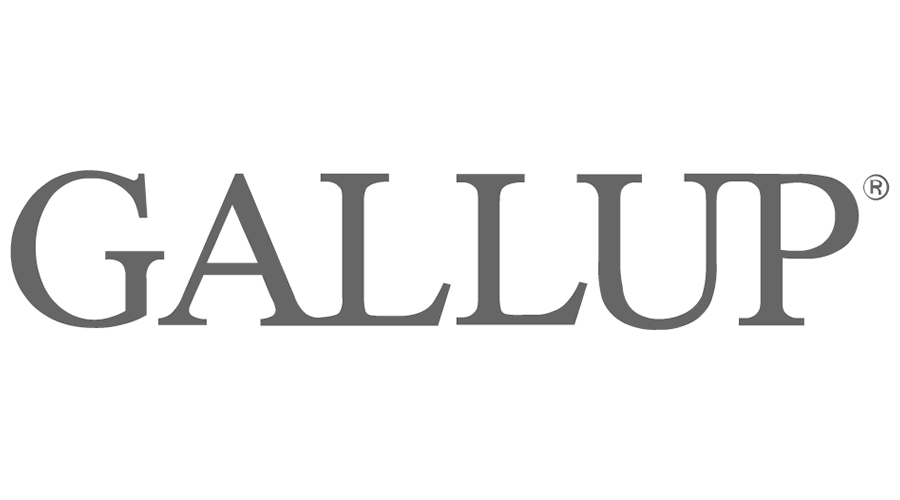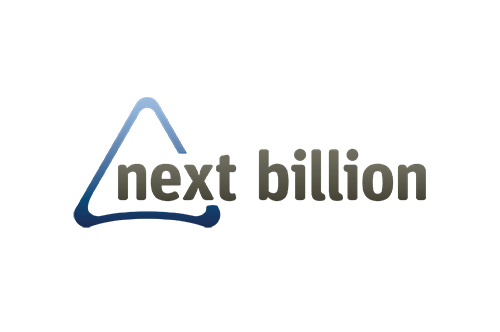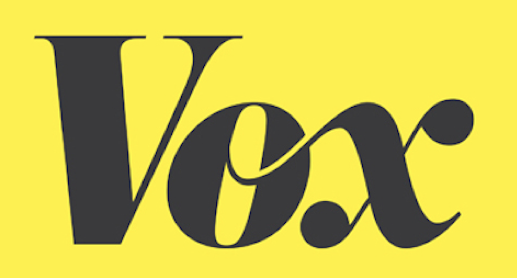The Ends of The Month: A Blog Series
Over the course of a generation, electronic payments including credit cards, debit cards and Apple Pay removed friction from our wallets, but disrupted old habits and practices many once used to manage finances. Loss of these analog tools, as much as wage stagnation or volatility, helps explain why so many households struggle at the end of the month
70% of Voters Say Recent Changes to Their Own Financial Health are Impacting How They Vote
Provided by doxo, this research shows how the personal financial effects of the COVID-19 pandemic are affecting how Americans plan to vote in the 2020 election.
Knowing Better, Doing Better: HR Executives’ Perspectives on Employee Financial Health
Learn insights gathered through a recent survey of HR decision-makers on their awareness of and investments in employee financial health.
It’s Time to Tie Bank Profits to Customers’ Financial Health
America’s current financial system is essentially broken for the many working Americans who live on the edge financially. Mismatched incentives are at the heart of the problem. One has only to look at the sad history of payday and car title loans, subprime mortgages, or bank overdraft “protection” schemes for examples of financial products and […]
Fintechs Team Up With Banks to Help Students Mired in Debt
Student loan debt isn’t just a financial problem for consumers. It’s an emotional problem, too. Read the Article >>
Financial Health Network Statement on CFPB Payday Loan Rule Underwriting Rescission
The Financial Health Network wrote this response to the CFPB’s decision to rescind the mandatory underwriting requirements of 2017 Payday, Vehicle Title, and Certain High-Cost Installment Loan Rule (Payday Rule).
Half in U.S. Plan to Spend Relief Money on Bills, Essentials
With the first direct payments to U.S. adults from the Coronavirus Aid, Relief, and Economic Security (CARES) Act set to hit bank accounts this week, 35% of U.S. adults intend to use the money primarily to pay bills. Another 16% say they will purchase essential items like food or gas with the money. Twenty-nine percent […]
Checks Won’t Cut It: Getting COVID-19 Relief To The Most Vulnerable
In all likelihood, the federal government will be sending out tens of millions of paper checks in the coming weeks and months to those who qualify for aid under the Coronavirus Aid, Relief, and Economic Security Act. Read the Article >>
Coronavirus is Shining a Light on America’s Lack of Paid Sick Leave: Here’s How Savings Can Help
As the COVID-19 pandemic (commonly called coronavirus) unfolds, the Centers for Disease Control (CDC) is issuing a number of common-sense recommendations – including one to stay home if you’re sick. Because the disease spreads primarily from person-to-person contact, remaining out of close personal contact with others not only allows the sick person to recover, it […]
How the coronavirus crisis will hit American workers, in one chart
The people who can least afford to lose their jobs are the ones who’ll be hit the fastest and the hardest by the coronavirus recession. Read the Article >>
To solve the economic crisis, we will have to solve the health-care crisis
In Washington, the focus has now turned to the economic response to the coronavirus pandemic, with experts and politicians proposing their preferred policy tools — ranging from tax cuts to corporate bailouts to direct payments of cash. Each is worth debating, but the focus is misplaced. This is not an economic crisis; it is a health-care crisis. […]
Spread Financial Empathy Instead Of Coronavirus
The virus will bankrupt more people than it kills” predicted Jennifer Tescher, CEO of the Financial Health Network. “Missing even one paycheck can have a domino effect for families, leaving a trail of missed mortgage or rent payments, utility shut-offs, unpaid bills.” Read the Article >>
